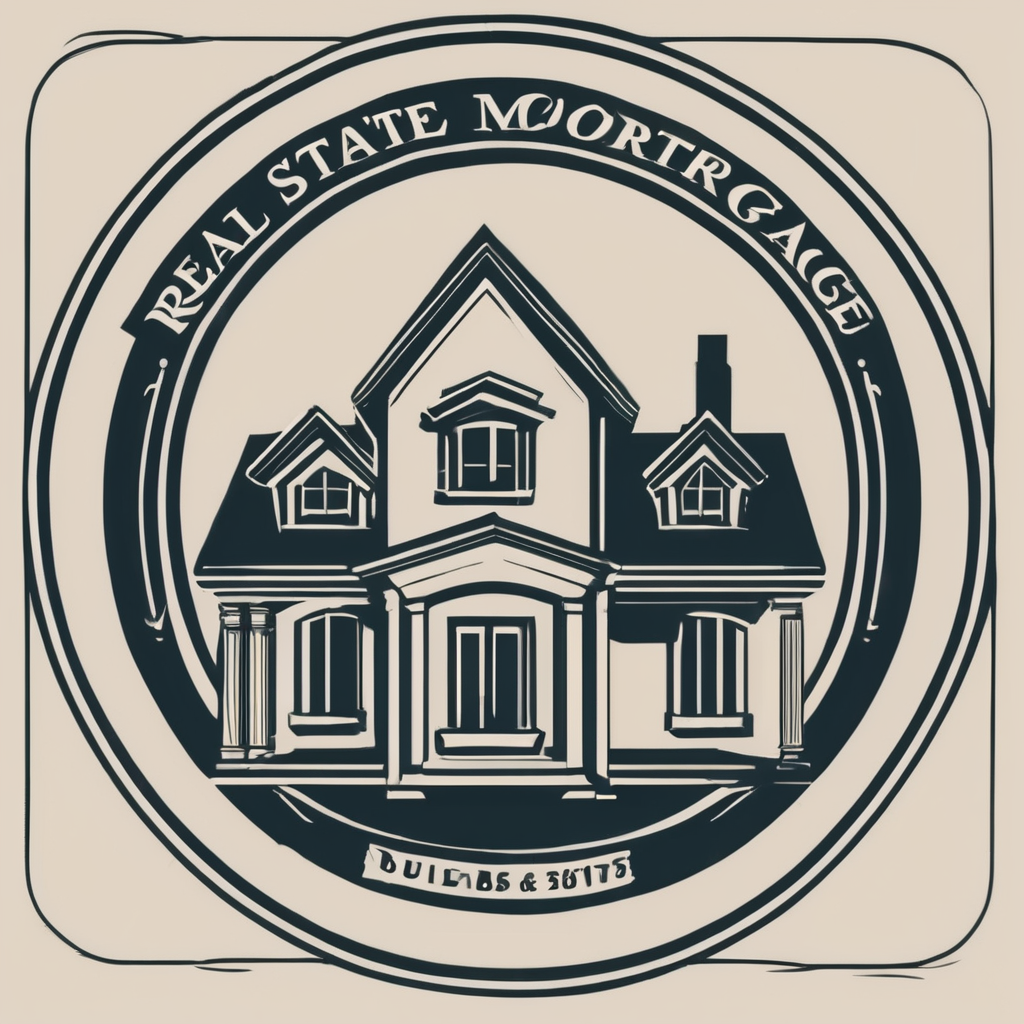In a world increasingly focused on sustainability, energy-efficient home improvements have become a significant concern for homeowners. As of September 9, 2024, the Welsh government offers various incentives to encourage these eco-friendly adjustments. This article delves into the steps you can take to make the most of these incentives, ultimately reducing energy bills and contributing to environmental conservation.
Understanding Government Incentives for Energy-Efficient Improvements
The Welsh government provides several schemes designed to support homeowners in making energy-efficient improvements. These incentives aim to alleviate the financial burden associated with eco-friendly upgrades, ensuring that more households can contribute to a greener future.
Avez-vous vu cela : What Are the Implications of Climate Change on Coastal Property Insurance in the UK?
Types of Incentives Available
Various incentives are available to Welsh homeowners, each tailored to different needs and types of energy-efficient improvements. These include grants, loans, and subsidies that make it easier to afford renovations such as insulation, solar panels, and energy-efficient windows. Understanding these options is crucial for maximizing the benefits.
Grants are sums of money you do not need to repay. They are often allocated based on criteria like income level, the age of the home, or specific energy-saving goals. The Welsh Government’s Nest scheme, for example, offers free home energy assessments and improvements for eligible households.
Lire également : What Are the Key Considerations When Choosing Mortgage Insurance for High-Value Homes in London?
Loans provided under schemes like the Home Improvement Loan can be used to fund larger projects. These loans often come with favorable interest rates and flexible repayment terms that make energy-efficient upgrades more accessible.
Subsidies and rebates help to reduce the overall cost of energy-efficient appliances or installations. For instance, the Energy Company Obligation (ECO) scheme obligates energy companies to help homeowners in making their homes more energy-efficient.
Identifying Eligible Energy-Efficient Improvements
To make the most of government incentives, you need to identify which energy-efficient improvements qualify. Knowing exactly what upgrades are eligible can help you plan effectively.
Commonly Supported Home Improvements
Some of the most commonly supported energy-efficient home improvements include:
-
Insulation: Proper insulation reduces heat loss, lowering energy consumption and costs. This includes loft insulation, cavity wall insulation, and floor insulation.
-
Heating Systems: Upgrading to a more efficient boiler or installing a heat pump can significantly reduce energy use.
-
Solar Panels: Installing solar panels not only provides a renewable source of energy but can also earn you money through schemes like the Smart Export Guarantee (SEG).
-
Double Glazing: Replacing single-pane windows with double glazing can dramatically improve your home’s thermal efficiency.
-
Smart Thermostats: These intelligent devices help you control heating systems more efficiently, thus conserving energy.
Assessing Your Home’s Needs
Before diving into improvements, it’s essential to assess your home’s specific energy needs. A home energy audit can provide a comprehensive overview of where your home is losing energy and what improvements would be most beneficial. The Welsh Government’s Nest scheme offers free home energy assessments, providing personalized advice and identifying the most effective upgrades for your home.
Navigating the Application Process
Once you’ve identified the improvements you wish to make, the next step is to navigate the application process for government incentives. This can be a complex procedure, but understanding the steps involved can help streamline the process.
Preparing Your Application
Begin by gathering all necessary documentation. This typically includes proof of homeownership, income information, and details about the specific improvements you plan to make. Ensuring you have all required documents ready can prevent delays.
Submitting Your Application
Follow the specific guidelines provided by the incentive program you are applying for. Whether it’s an online form or a mailed application, ensure all information is accurate and complete. Pay close attention to deadlines, as missing these can result in losing out on valuable incentives.
Post-Application Steps
After submitting your application, you may be required to provide additional information or undergo a home assessment. Stay responsive to any communications from the incentive program to facilitate a smooth approval process.
Implementing Energy-Efficient Improvements
With approval from government incentive programs, it’s time to implement your energy-efficient improvements. This stage is critical to ensuring you achieve both energy savings and compliance with the terms of the incentive programs.
Choosing Qualified Contractors
Selecting the right contractors is vital for the success of your home improvements. Look for professionals with experience in energy-efficient installations and check their credentials. Using accredited contractors may be a requirement of some incentive programs, so be sure to verify this before proceeding.
Overseeing the Installation Process
Stay engaged throughout the installation process. Regularly check the progress and ensure that the work meets all stipulated guidelines. This proactive approach helps catch any issues early and ensures the project stays on track.
Post-Installation Verification
After the improvements are completed, you may need to undergo a verification process to confirm that the work meets the standards set out by the incentive program. This could involve another home energy assessment or providing proof of completion.
Maximizing Long-Term Benefits
Energy-efficient improvements offer long-term benefits beyond immediate cost savings and government incentives. Maximizing these benefits involves maintaining your new installations and continuing to seek ways to improve your home’s energy efficiency.
Maintaining Energy-Efficient Systems
Regular maintenance is essential to ensure that your energy-efficient systems operate at their best. For example, servicing your boiler annually and cleaning your solar panels can prevent performance degradation over time.
Continuous Improvement
Stay informed about new technologies and additional government incentives. Energy efficiency is an evolving field, and new opportunities continually arise. Regularly reviewing your home’s energy performance and making incremental improvements can lead to ongoing savings and a reduced environmental footprint.
Monitoring Energy Usage
Utilizing smart meters and energy management software can help track your energy consumption. This data provides valuable insights into how your efforts are paying off and where further improvements can be made.
Leveraging government incentives for energy-efficient home improvements in Wales is a strategic way to reduce energy costs and contribute to environmental sustainability. By understanding the available incentives, identifying eligible improvements, navigating the application process, implementing upgrades, and maximizing long-term benefits, you can make substantial progress toward a greener, more energy-efficient home. Stay proactive and informed to continuously enhance your home’s energy efficiency and enjoy the myriad benefits that come with it.











